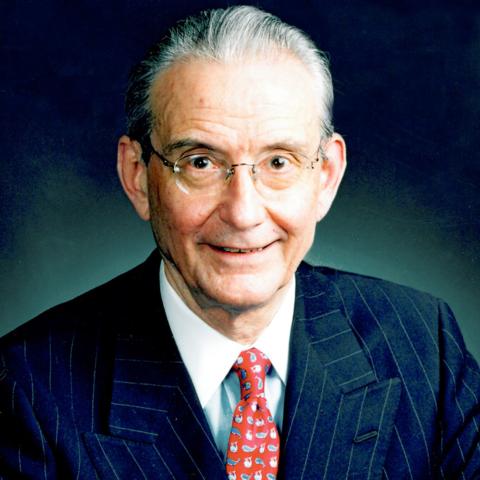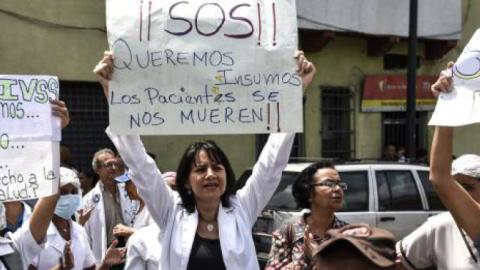There is an unparalleled humanitarian emergency in Venezuela, one that has been recognized by multiple international organizations.
Since the collapse of its oil-rich economy in 2014, the country has struggled to raise hard currency. The government is abandoning one of its two official foreign exchange rates, which had been used for food and medicine imports. The IMF predicts inflation could reach 10m per cent this year and estimates the economy will shrink by at least 18 per cent.
When regime change comes, the IMF should immediately assess the economic and financial situation of the country and develop an emergency plan. Of greatest urgency will be the need for multilateral organisations such as the Inter-American Development Bank, the Organization of American States and the World Bank to support Venezuela’s new regime in addressing one of the gravest humanitarian crises seen in the region — one that has been deepened by the imminent breakdown of the public health infrastructure and shortages of food, water, electricity, medicine and basic medical supplies.
There has been a 205 per cent increase in new malaria cases after the country declared elimination; there is an almost complete lack of access to tuberculosis screenings; and the number of Aids-related deaths in the country has tripled. Food is scarce, and malnutrition and starvation are spreading, primarily among children. Locals describe frequent stock- outs of medicines, including antiretrovirals, and fear of imminent death.
The Pharmaceutical Federation of Venezuela estimates the country is suffering from an 85 per cent shortage of medicine, indicating that the entire healthcare system is on the verge of collapse. Hospitals report a lack of electricity, and more than 13,000 doctors have left Venezuela in the past four years in search of better opportunities.
People cannot afford medication and its shortage has forced many to seek medicine on the black market.
President Nicolás Maduro continues to refuse humanitarian aid, prohibiting shipments of medicine, food and first aid.
The government refuses to take donations that other countries are offering and is turning back shipments of medical equipment and basic medication.
As resources become scarce, drug prices have rocketed along with those of food and other basic necessities. According to data from the United Nations High Commissioner for Refugees, out of the 3m people that have fled Venezuela, 75 percent refuse to return because of lack of sustenance; 68 per cent because of lack of food; 23 per cent because of a lack of healthcare services; and 14 percent because of persecution.
The dismantled primary care system and lack of policies for disease prevention and control are key indicators of the country’s health crisis.
Governance in Venezuela is decentralized, and each level of power has a basic role and clear competencies with regards to public health management. At a municipal level, the primary focus remains in programs and services oriented towards education and disease prevention, yet this remains utopic when regional and national governments have lost the ability to address public health issues, forcing local governments to take on a larger load of medical assistance.
The economic and healthcare crisis described above has caused a rapid deterioration of the health system. While the international community remains observant and ready to respond to its potential collapse, action must be taken by a new regime to shift priorities to respecting, promoting and fulfilling the right to health; opening a humanitarian corridor to allow aid into the country, and providing the fundamental building blocks (resources) to help strengthen and restore what was once one of Latin America’s strongest healthcare systems.

















